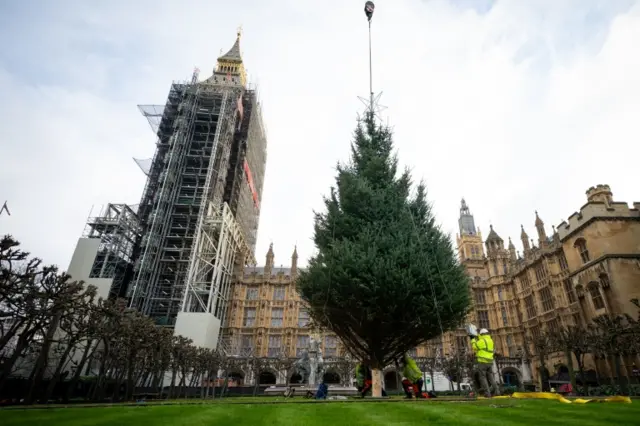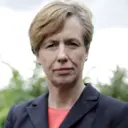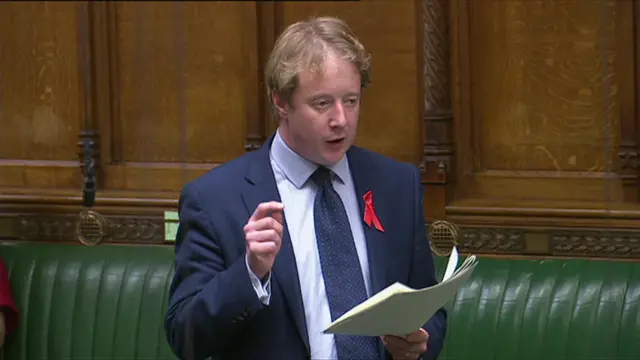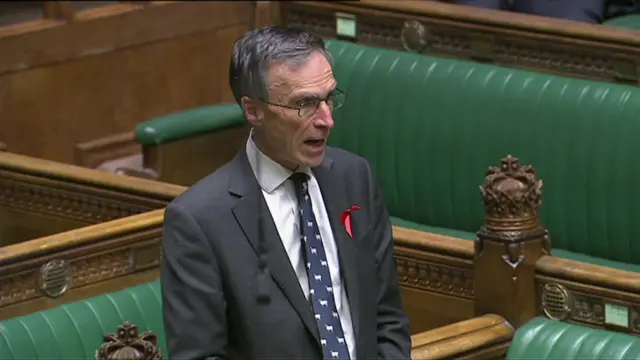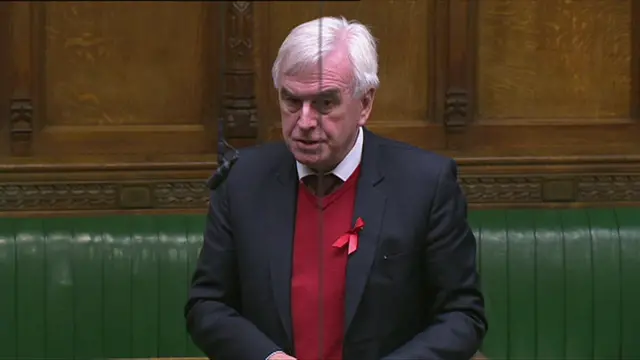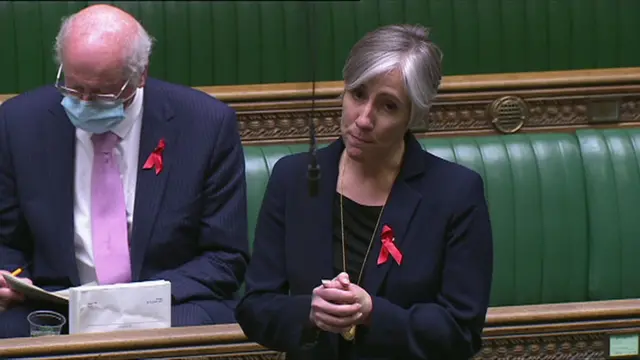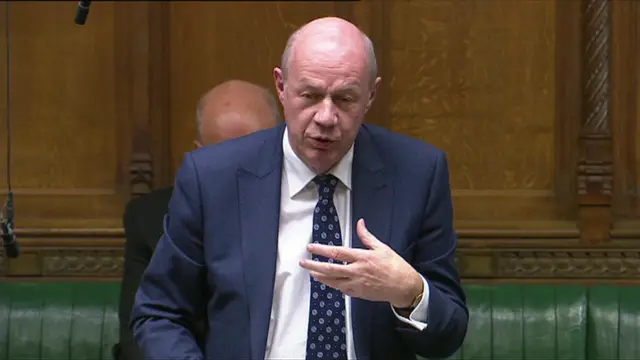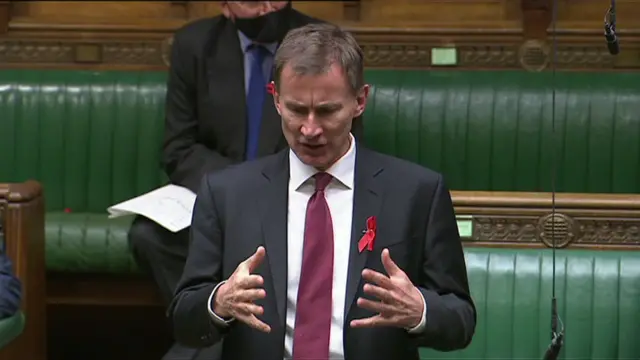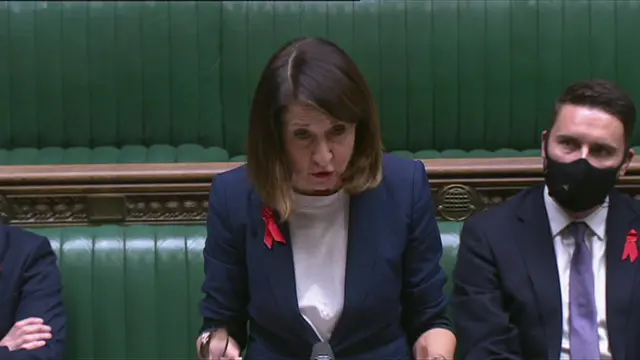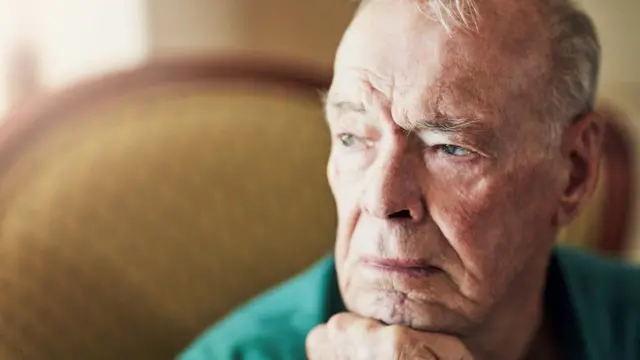Thanks for readingpublished at 14:51 GMT 1 December 2021
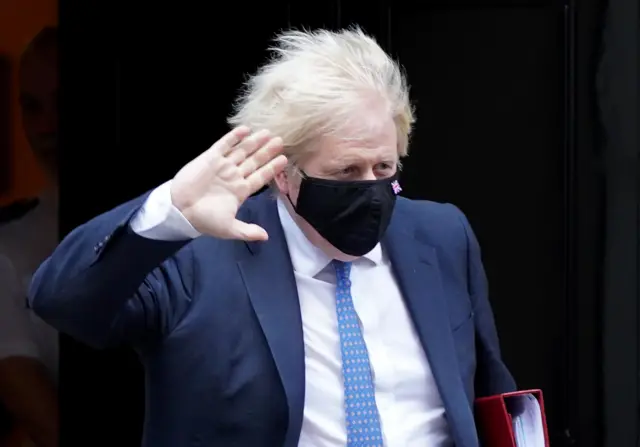 Image source, PA Media
Image source, PA MediaWe are going to bring this busy Westminster live page to a close now.
Your writers today were Kate Whannel, Adam Durbin and Justin Parkinson, while your editor was Jennifer Scott.
Thanks for following the big events of the day with us, and don't forget, you can get all the news and updates on our website and Twitter, external.
See you next week!
